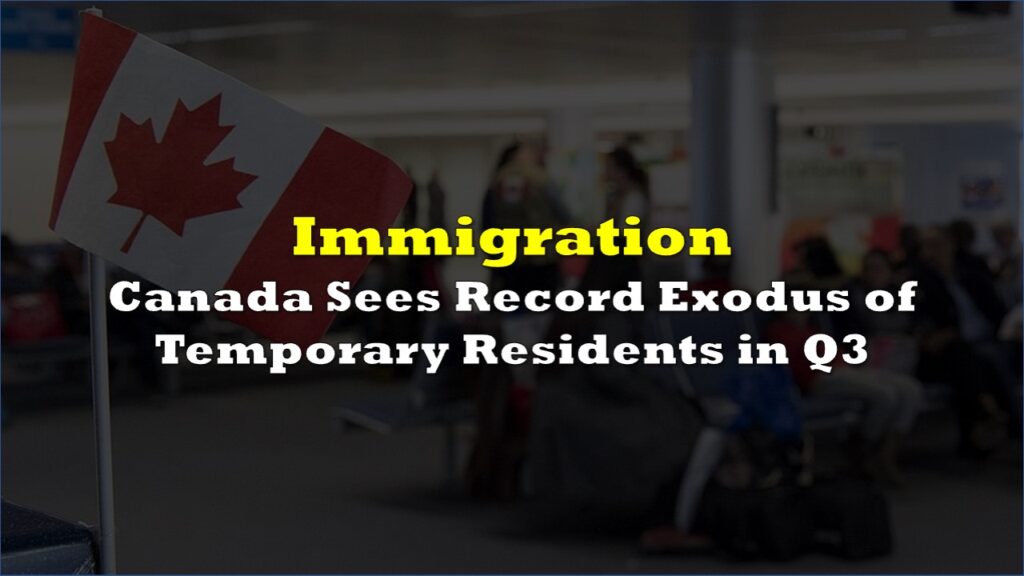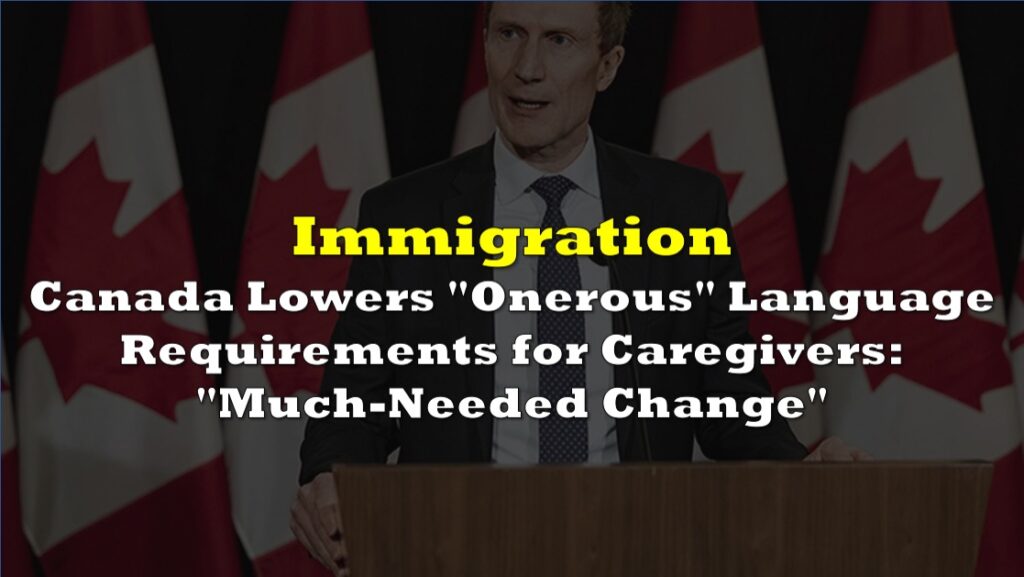Earlier this year, the federal government introduced Bill C-71, proposing significant amendments to the country’s Citizenship Act. The bill aims to allow Canadian citizenship to be passed down indefinitely to children born abroad, provided certain conditions are met.
Under the current law, there is a first-generation limit on passing citizenship to children born outside Canada. The proposed bill would eliminate this restriction, allowing citizenship to be continuously passed down through generations, as long as the parent has spent at least 1,095 days (equivalent to three years) in Canada cumulatively in their lifetime.
“There’s no doubt that Canadian citizenship is highly valued and recognized around the world. Not everyone is entitled to it. But for those who are, it needs to be fair,” Immigration Minister Marc Miller said at the time.
But the proposal has not been without its critics, especially at a time when the Liberal government’s immigration policies are under intense scrutiny. Andrew Griffith, a former director general for Citizenship and Immigration Canada, expressed concerns about the potential for continuous generational citizenship transmission and the challenges in tracking citizenship acquisition.
🚨🚨CANADA — MEET BILL 71 :
— Tablesalt 🇨🇦🇺🇸 (@Tablesalt13) September 25, 2024
Which will allow Canadian citizens born outside of Canada
to pass on their citizenship to their children who were also born outside of Canada
….creating a never-ending chain of migration into the end of time. pic.twitter.com/vhJRUIDCMj
“It will be challenging or impossible for the federal government to accurately predict citizenship acquisition year over year,” Griffith warned. He also noted that the bill “moves Canada closer to a hybrid jus sanguinis/jus soli regime,” potentially allowing families to maintain intergenerational Canadian citizenship through various scenarios.
Some experts have also voiced concerns about potential national security risks. Michel Juneau-Katsuya, former chief of Asia-Pacific for CSIS, previously suggested that countries like China could exploit this system for long-term foreign interference efforts.
Griffith echoed these concerns, stating, “It may also provide opportunities for longer-term sophisticated foreign-interference efforts by countries like China and India by exploiting descendants who can acquire Canadian citizenship in their recruitment strategies.”
Supporters of the bill, including the Liberal government, New Democrats, and Bloc Quebecois, argue that it addresses gender discrimination and expands rights for Canadians living abroad. Vancouver East MP Jenny Kwan noted that the current rules particularly impact women, forcing them to choose between opportunities abroad and passing citizenship to their children.
The bill still has a long way to go. It’s currently being debated in the House of Commons and is expected to head to committee for further review.
Information for this story was found via the sources and companies mentioned. The author has no securities or affiliations related to the organizations discussed. Not a recommendation to buy or sell. Always do additional research and consult a professional before purchasing a security. The author holds no licenses.










2 Responses
Canada has a history of allowing dual citizenship for almost 50 years, but to this day some descendants who were born before the second generation cutoff rule are still being denied citizenship even though their Canadian born ancestors and first generation born abroad got their citizenship either their entire lives or retroactive to birth, but with the second generation of same family not allowed.
Now while the three years living in Canada before having children born abroad is from what’s being proposed only to be applied after the bill gets approved (should it be approved), but then what about those who are already alive.
And while people in the comments on different forums are angry about how many are getting retroactive citizenship,bear in mind Canada really created this mess back in 1977 when dual citizenship wasn’t retroactive, and then again in 2009 when it was only retroactive for one generation born abroad instead of everyone of descent who was already alive and then first generation only in 2009. Had it been retroactive for those who were alive regardless of generation in 1977, and 2009 we would be having only second generation who are minors now that would be in the retroactive group instead of multiple generations because of Canada picking and choosing who gets to qualify when someone could qualify and they could have a brother or sister who doesn’t qualify because of past legislation.
And while I understand concerns going forward, going backwards Canada created a mess by originally refusing to make dual citizenship retroactive.
You fail to mention that the first generation limit, only in place sine 2009, has been deemed unconstitutional by the courts which have given the government until December 19th to fix it. This isn’t being done on some political whim.